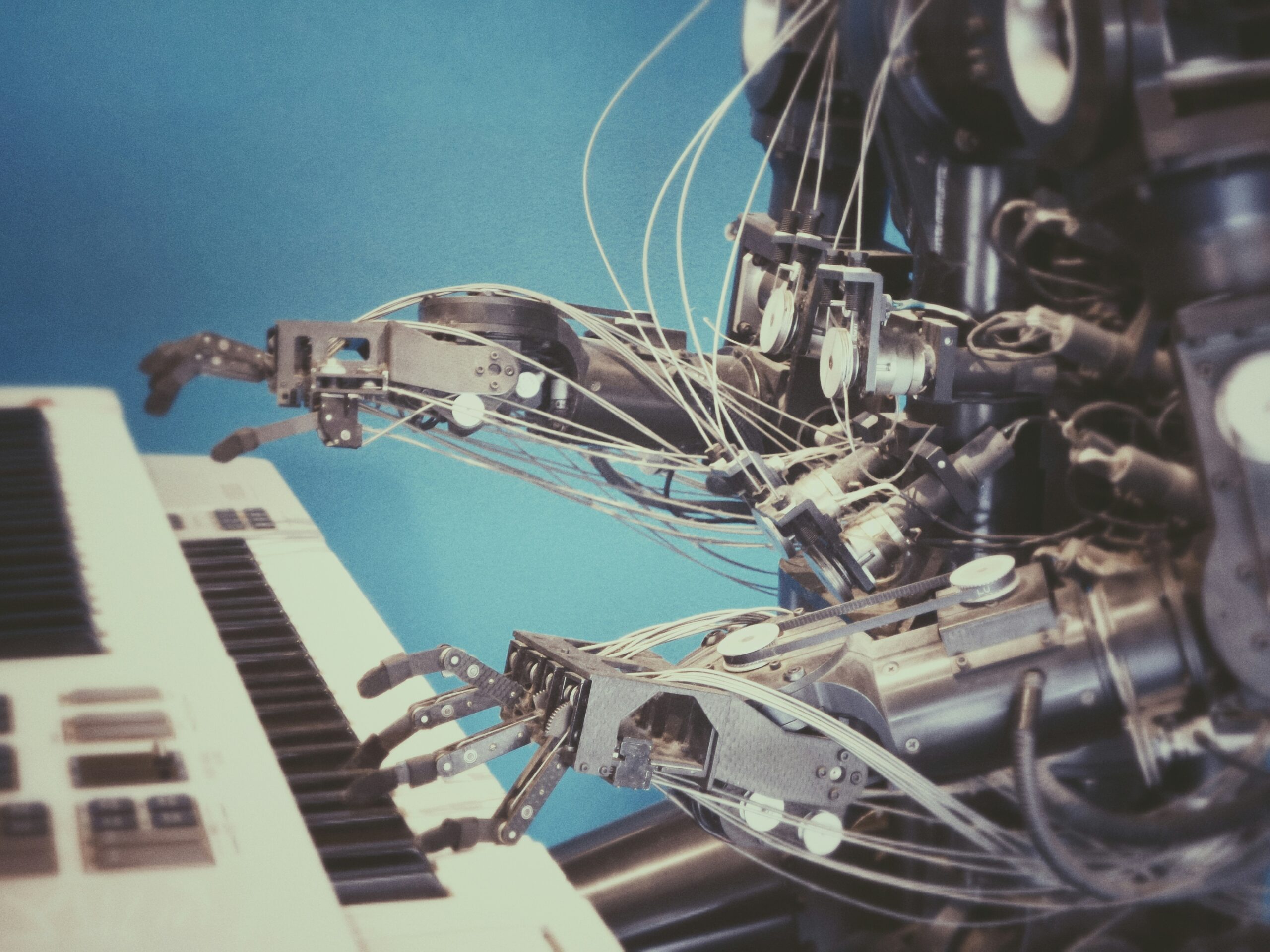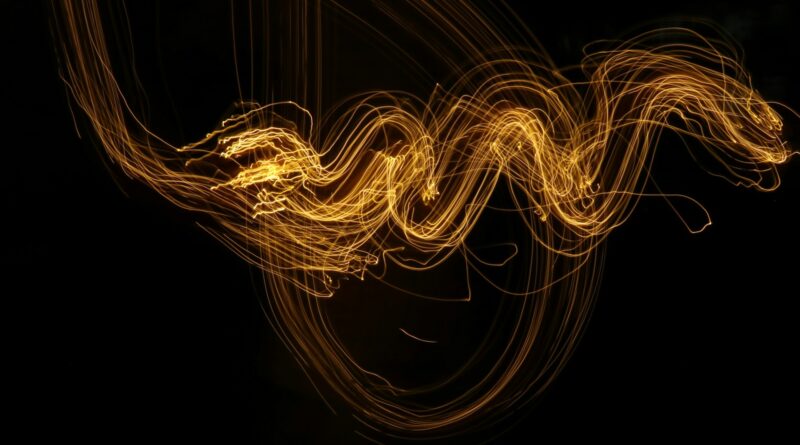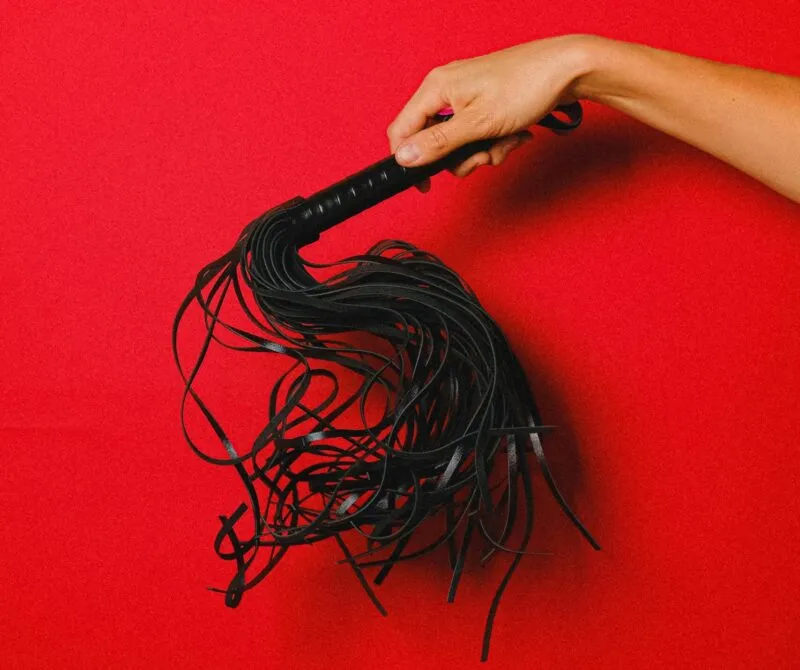Will AI be the straw that breaks the back of the Australian Music Industry?
In a parliamentary inquiry currently underway into the challenges and opportunities within the Australian live music industry, AI-generated music has been highlighted as a key factor threatening the future of Australia’s live music industry.
Along with changes in social habits, cost of living pressures, increases in venue insurance costs, and weather events such as fires and floods, advancements in AI technology have been pinpointed by a University of Melbourne team as a potential threat to the livelihoods of local musicians, in turn upsetting the balance of the music ecosystem in the country.
The rise of AI in the music industry presents significant risks to Australia’s music scene, particularly in the realm of live music, which is a critical component of the industry and one under immense strain currently. AI models can now produce music that closely mimics human creativity, raising fears that these models could come to dominate music streaming platforms. This shift could reduce opportunities for human artists, especially lesser-known local and emerging ones, to connect with audiences and make a living from their craft. If algorithms begin prioritising AI-generated content, artists may struggle to attract listeners, and bow out of the already incredibly difficult career path.
In a recent article one of the inquiries chief researchers, Dr Suelette Dreyfus from the Faculty of Engineering and Information Technology at the University of Melbourne says that artists could face the possibility of losing audience exposure if the tech companies that own music streaming services decide to change their algorithms to prioritise AI created music or even generate their own.
“What if these businesses steer listeners to tailored music that’s purely AI-generated, effectively putting audiences in a ‘music filter bubble’, devoid of any human songwriting. Reducing the ability of artists to connect with listeners will significantly affect their bottom line, and it’s the emerging, lesser-known and community artists who would ultimately pay the biggest price,” says Dr Dreyfus.
Fellow contributor Dr Chris Ewin says that humans are already struggling to tell the difference between AI made and human made music.
“A blind study has shown people preferred AI-generated classical music to that created by humans, however this may be due to the lack of transparency around how AI music is made. Ultimately, music fans will be worse off if AI ends up dominating the industry,” Dr Ewin said.
This includes the loss of a distinct Australian character and voice – as AI models are trained on global datasets.
The technological developments have already sparked uproar from concerned screen composers, who have called for stricter regulations to manage how AI is used in the creation of music, especially in contexts like film and television where original compositions are essential.
They argue that AI can easily replicate styles and genres, potentially reducing the need for human composers. This could lead to a significant reduction in work opportunities for Australian composers, who already face challenges in a competitive industry.
As one screen composer Josh Hogan put it to the ABC, “What it does is it destroys the creative process, it removes the work of making the thing… Ultimately, the optimist in me says that humans will only engage with human stories.”
“It’s a very hard thing for us to get our heads around as a culture, but we’re going to have to ask the question, what is the work of making things? What is the work of creativity? And is that something that a human does?”
In a strongly-worded submission to a Senate select committee investigating the impact of AI, the Guild of Screen Composers warns there is “a real risk of destroying a whole industry of creatives”.
Kingston Anderson, executive director of the Australian Guild of Screen Composers fears that composition and music will go down the same dark path that the advertising world is already experiencing when it comes to AI.
“It’s happening in the advertising world already. The next stage of that is to generate imagery as well. So, I would suggest to you that in about two or three years’ time, most advertising, a lot of advertising will be AI generated,” says Anderson.
The push for regulation is aimed at ensuring that AI-generated music does not erode the rights and opportunities of human composers, and includes discussions around copyright issues, the transparency of AI-generated music in productions, and fair compensation for artists whose work might be used to train AI models.
But as one Youtube commenter puts it, “I have no plans to buy a T-shirt of my favourite AI musician. The human act of creating art will always matter for the simple reason that we ourselves are not machines.”




